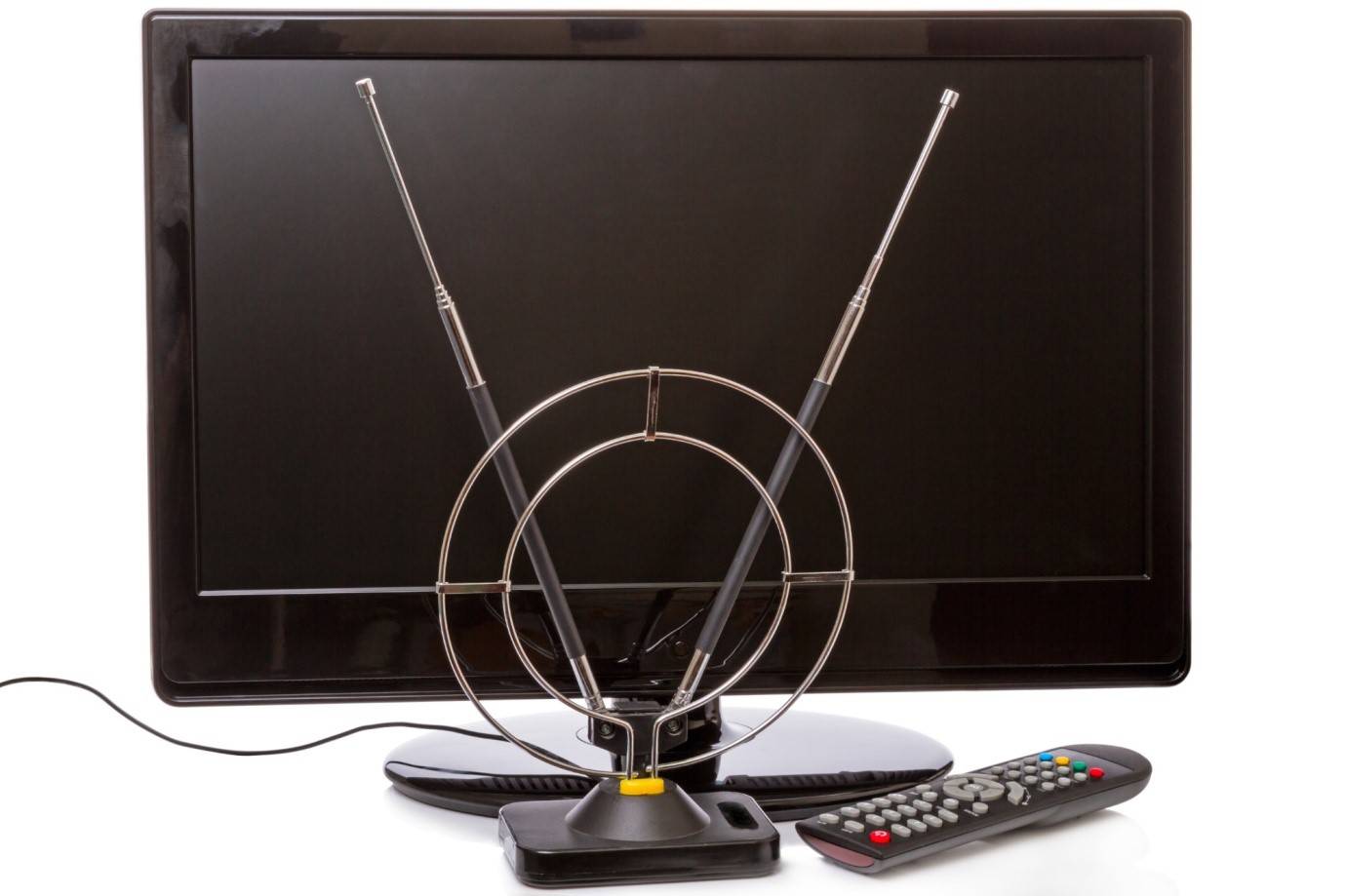Lots of homeowners are doing away with cable and the added expense that comes along with it.
If you’re cutting the cord for the first time, you’ll need an antenna. The trick is answering the question about which antenna to install. Outdoor vs indoor antenna—which one do I need?
Investing in an antenna helps you save money. You get most of the channels you love for free. Local channels like ABC, CBS, NBC, FOX, and PBS all stream through an antenna at no charge.
That beats paying $50+ dollars a month for basic cable, which gives you the same channels.
Don’t worry about having to pay a bucket load to watch the greatest game on Earth. The Superbowl broadcasts on antenna TV! Plus, with an antenna, you get uncompressed high-definition, quality picture.
Make the right choice concerning your entertainment needs. Learn here about outdoor vs. indoor antenna and which option is better for you.
Outdoor vs. Indoor Antenna? Consider Signal Strength
Before you run out and invest in your antenna, consider signal strength. Most people who are new to antennas have zero clues about decibel levels and what increases antenna strength.
Signal strength determines how well different local channels show up on your TV.
Let’s start with the common factors that influence how well you get to watch TV with an indoor antenna:
- Walls
- The roof
- Electronics—computers, laptops, tablets, telephones
- Microwave ovens
- Smart refrigerators
- WiFi routers
All these factors either block or interfere with an indoor signal, even with a digital antenna indoor signal. That means you’ll miss out on a lot of channels that automatically broadcast for free. If you decide to install an indoor, position close to a window that has an open sky view.
Outdoor Antenna Quality Has Everything to Do With Location
The amount and quality of the channels you get with an antenna also have to do with location. This is essentially true with outdoor antennas.
Placing an antenna on the outside of your house guarantees the best signal. With that said, there are some outdoor factors that can affect signal strength:
- The location of your home (living in a hilly area or area surrounded by tall buildings)
- Trees
- Satellites
- Weather
- Power Lines
- Cell Phone Towers
You would need to position the antenna on the outside of your home away from these factors to achieve a strong signal.
Other Considerations
If you’re bypassing professional installation, be mindful of roofing materials. These interfere when you’re installing an indoor antenna. They weaken your signal as well as insulation.
Be mindful of the signal range as well. Different areas in your home pick up different channels because of range and frequency. Choose an antenna with a stronger gain.
Mounting plays an important role as well.
An antenna mounted on the roof has a better chance of receiving a stronger signal than one mounted on a wall. You’ll need to install the antenna in the line of sight of a nearby broadcast tower.
Choose the Right Antenna
Settling the argument of outdoor vs. indoor antenna is all about understanding signal strength. Rehearse these factors and considerations to decide which is better for your home.
Want more lifestyle tips like this one? Check out our lifestyle guide for more ideas for the home like this one.
I am Jones Smith and I am here to share my experience and expertise in writing. I’ve been writing articles for different publications for more than 6 years. I have a varied range of interests and that’s why I love blogging about different topics. In my opinion, blogging is a lot like acting, and I consider writing blog posts as an acting job. I am an entrepreneur by heart and there is nothing big or small when it comes to starting a business.
